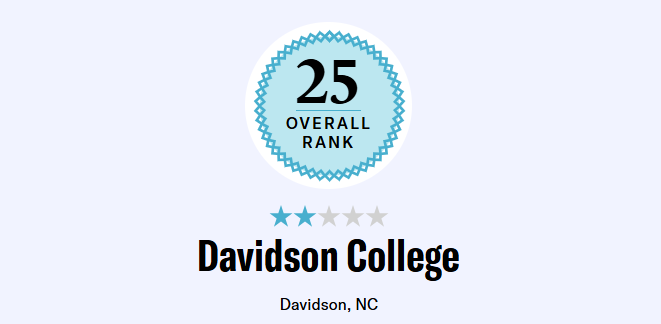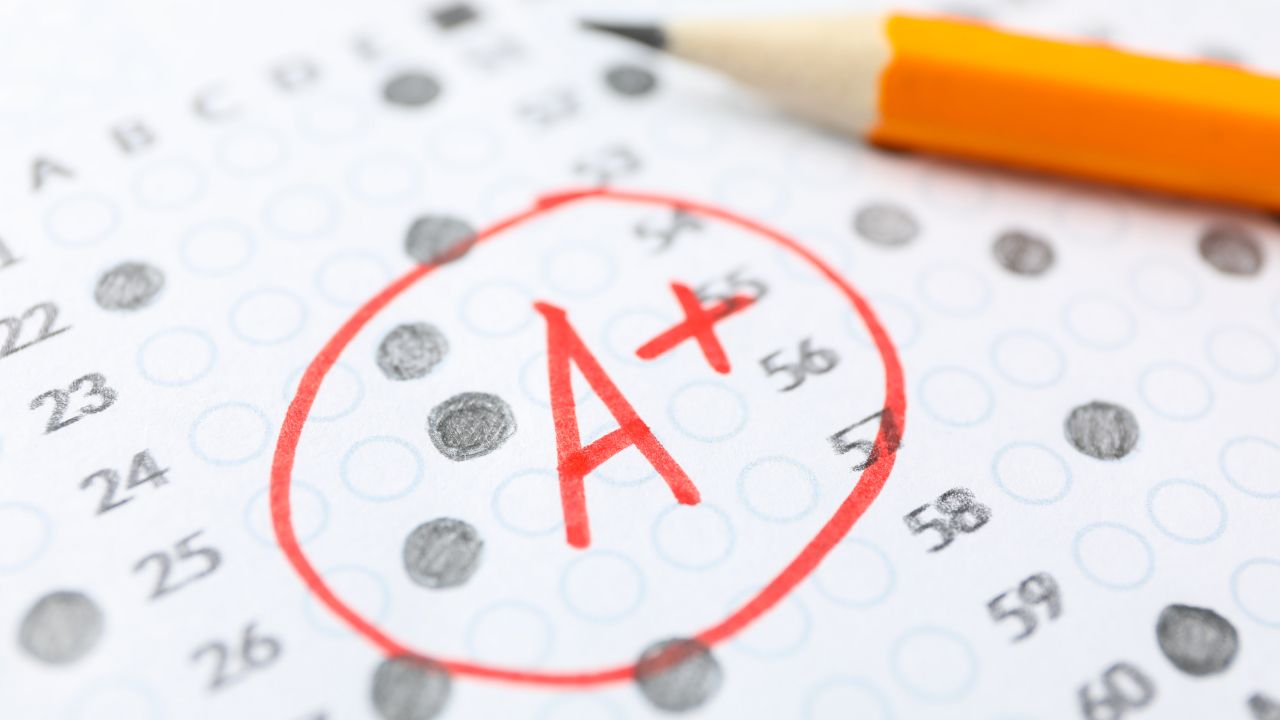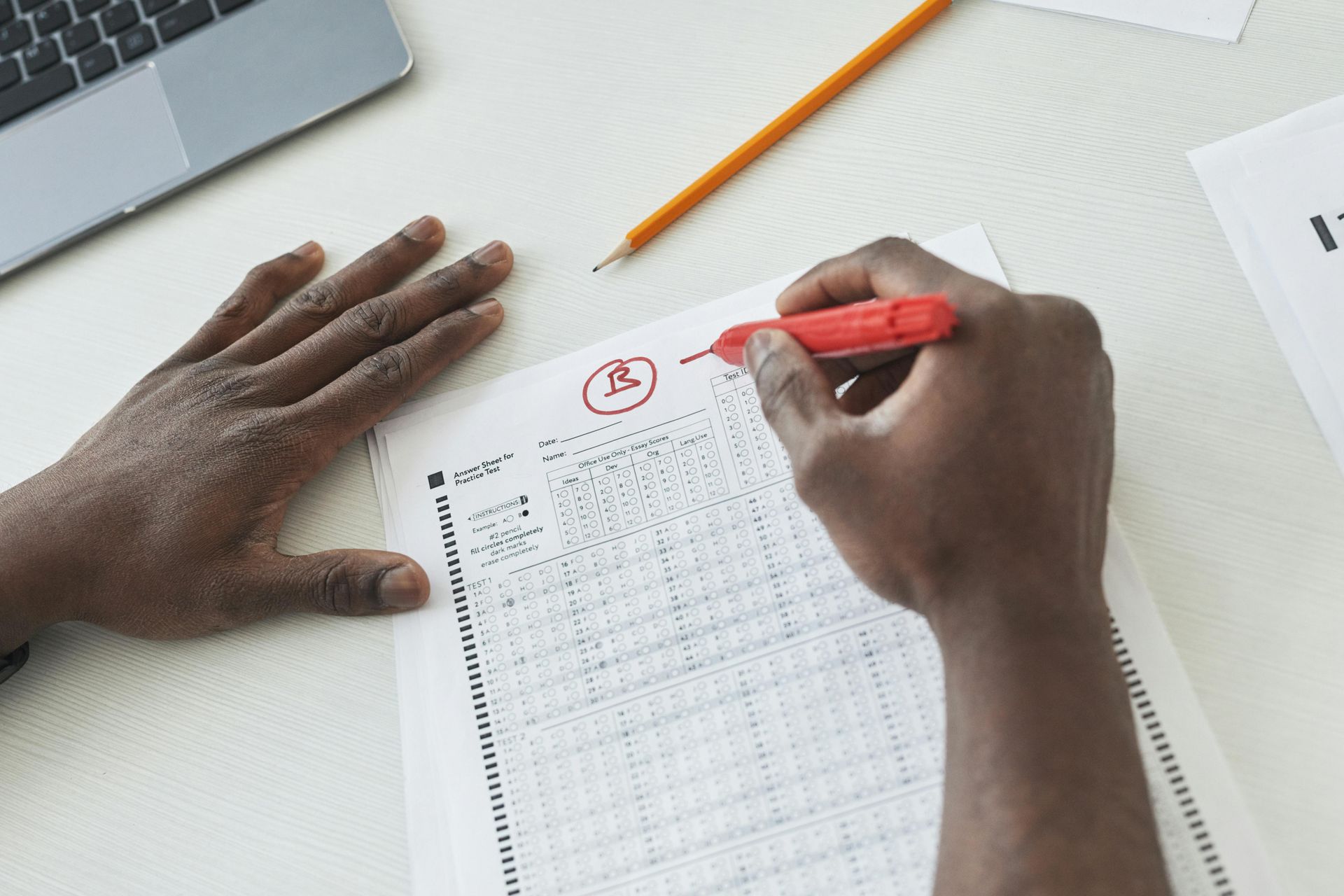You Can’t Cancel Me, I Quit

By Mary Eberstadt
Wall Street Journal
March 26, 2023
I was supposed to speak at Furman University. I decided to beg off rather than indulge an angry mob.
I was scheduled to give a speech on Monday at Furman University about my recent book, “Primal Screams: How the Sexual Revolution Created Identity Politics.” I canceled it. Here’s why.
In the spring of 2014—in retrospect, the dress rehearsal for cancel culture—some commencement speakers around the country were disinvited or withdrew themselves from consideration owing to left-wing protests. I wasn’t among them. A few faculty members at Seton Hall University tried to have my invitation rescinded on the grounds that I wasn’t what they meant by “Catholic”—progressive. They failed. I delivered my address as scheduled at New Jersey’s Meadowlands Arena to some 6,000 graduates, families and friends, and was awarded an honorary doctorate in humane letters.
It was a thrilling event. I enjoy talking to students. I teach graduate students and young professionals, and I founded an organization that helps mentor hundreds of women involved in journalism and media, many of them right out of college. Those experiences probably explain why I had never been the object of protest by students.
But 2023 is light years from 2014. Some months ago, the head of Furman’s Tocqueville Program invited me to give a public lecture about “Primal Screams.” Not knowing a soul there, I googled. Nestled in scenic Greenville, S.C., the university was founded in 1826 by the Southern Baptist Convention. Furman’s website features young people said to be “innovative in their thinking, and compassionate in their approach to career, community, and life.” The Tocqueville Program has hosted impressive speakers. This seemed a promising opportunity to visit an attractive campus, befriend some students and faculty, and talk over ideas. What could go wrong?
Well, consider what happened to the speaker who preceded me last month in the same series: Scott Yenor, a professor of political science at Boise State University.
Mr. Yenor had been invited to speak on “Dostoevsky and Conscience.” An inhospitality committee sprang into action, “triggered” not by his speech topic but by opinions that he had expressed elsewhere, including his critique of feminism and support for “sex-role realism.” Scores of faculty and student protesters “silently” objected inside and outside as he spoke. Three armed policemen were assigned to his protection. Within the auditorium, protesters lined the walls the professor had to pass, holding posters with ad hominem slogans and quotations of his taken out of context, staring balefully at him throughout.
I called Mr. Yenor to ask for his take. “Never in my life have I experienced a crowd so uninterested in learning, and so unwilling to hear,” he said. “They were simply filled with malice.” No one in the administration commented on his treatment, much less apologized for it.
Soon after, something called the Cultural Life Program at Furman, which requires students to attend a certain number of public speeches, mysteriously decided to deny credit for mine unless the program inserted a different faculty interlocuter rather than the one who had invited me—presumably because the latter would have been too supportive. An article was posted by the independent online student newspaper, the Paladin, attacking the Tocqueville Program, applauding the public abomination of Scott Yenor, darkly noting that Catholics had been invited as speakers, and taking potshots at me. There’s no evidence that the indignant writer had read my books or even knew their titles. The piece accused me of perpetuating “dangerous” (dog whistle) myths, adding that students “demand to interrogate” (another whistle) the Tocqueville Program.
Posters advertising my speech disappeared en masse around campus the week before the event. They were replaced and disappeared again. Furman community members following social media and conversations on campus relayed independently that the protest was expected to be “substantial,” as two put it. They also informed me about a letter that was sent by some students to the Cultural Life Program’s committee, caricaturing my work and calling me names in an effort to revoke credit for attending my speech.
As I mulled what to do about such unexpected hostility, different calculations came to mind. What might be the odds of an ugly Yenor-style experience? Likely high.
What about the odds of physical injury? Low, but not nonexistent. In 2017 students at Vermont’s Middlebury College attacked Prof. Allison Stanger, sending her to the hospital, after she hosted a talk by Charles Murray. Bystanders have been injured during other recent campus brawls, like the March 14 protest of a Charlie Kirk speech at the University of California, Davis that left an officer injured. In 2021 the Foundation for Individual Rights in Education polled 37,000 students at 159 campuses; 23% said they believe violence is justified against unwanted speech. Not all students think sending campus guests to the emergency room is good form—but 1 in 4?
In the end, it was a different thought that led me to pull the plug. As Liel Leibovitz put it recently in First Things, “The terrible power our pursuers hold over us, the power of intimidation and of setting the terms of the debate, dissolves the moment you realize you’re free to disengage.” To which I add: Bullies have a right to protest, but that right doesn’t extend to dragooning others into untruths—including the untruth that people who join a hateful mob have any intention of listening to a speaker in the first place. They don’t, and the rest of us are under no obligation to help them live that lie by playing along.
To the students who did want to hear my speech: I’m sorry to miss you. On a positive note, it’s better to read than to watch. Copies of “Primal Screams” have been sent to every student in Furman’s Tocqueville Program, and two dozen more will be available this week for whoever wants them—delivered care of the university president’s office, since social-media mobs lack mailing addresses.
The book makes the case that social upheavals since the 1960s have led to compounded fractures on generations and that the implosion of family, real-life community and religion has weakened many people’s sense of identity. It further argues that the rise in mental and emotional problems, increasingly visible on campuses and on the streets, is a result. The students revulsed by free speech these days aren’t victims of that analysis but poster children for it.
Ms. Eberstadt is author of “Primal Screams” and “Adam and Eve After the Pill, Revisited.”
You Can’t Cancel Me, I Quit - WSJ



